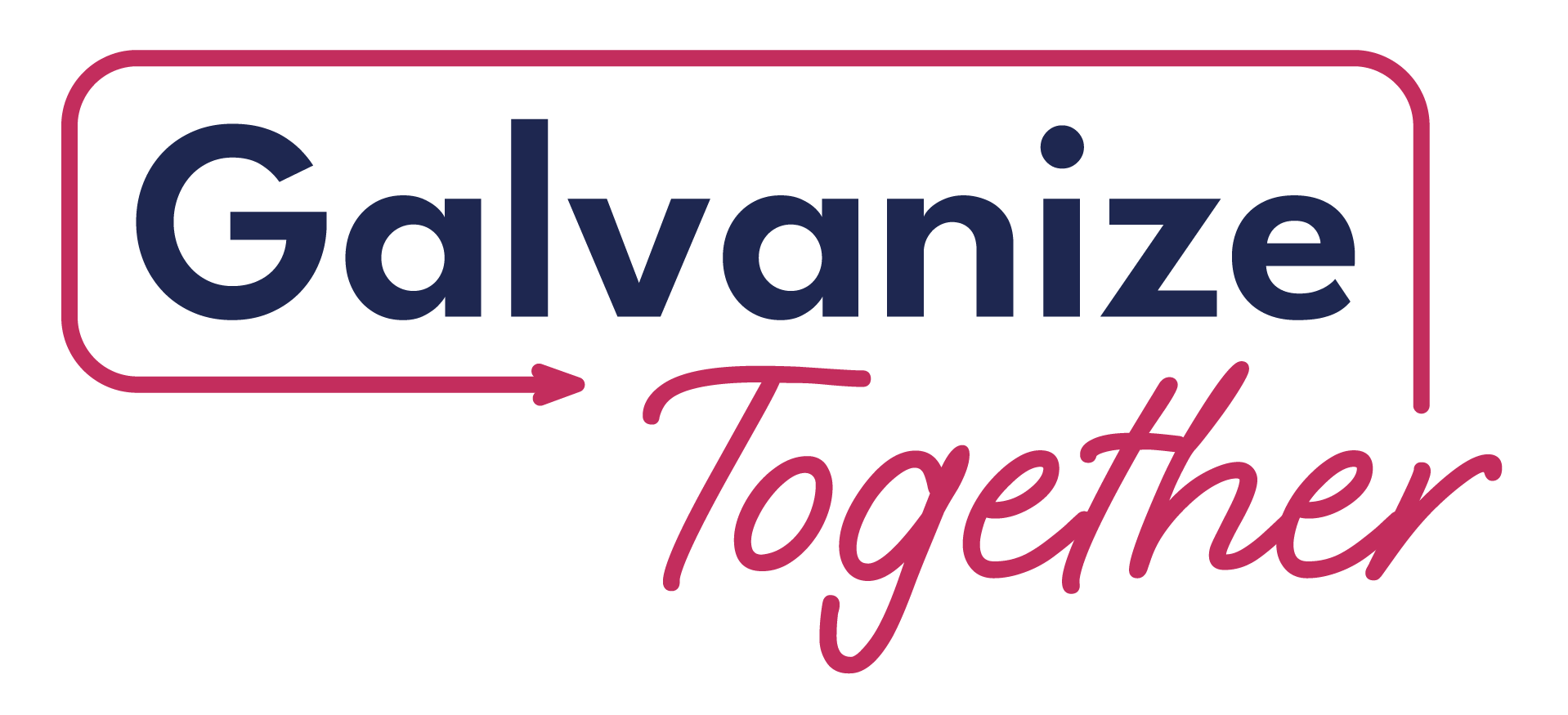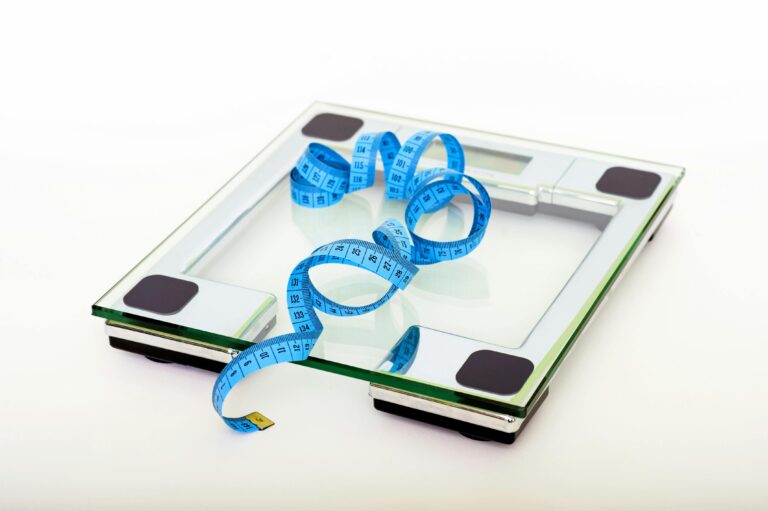Ask The Readers: How do I know if I’m in a toxic relationship?
Reading Time: 3 minutes
Share:
Dear Grace (and readers!),
How can you tell if a relationship is toxic? Does that mean it’s not worth saving?
– Concerned in Cleveland
Ask The Reader is your regular chance to grab the mic and give advice to other readers in our community. Each piece of advice we share comes from a different thoughtful reader, keep an eye out for more juicy questions and answers!
Dear Concerned,
“Toxic” is one of those buzzwords that gets thrown around a lot these days, but what does it actually mean? Check how psychologists define “toxic” relationships and consider asking yourself some of our gut-check questions to figure out if your relationship matches the description:
- Do you feel badly about yourself when you’re around your partner?
- Do you feel alone in your relationship?
- Do you feel unheard or dismissed by your partner?
- Do you constantly prioritize their needs over your own?
- Do you tend to walk on eggshells around your partner?
- Do you feel attacked or unsafe with your partner?
If you answered yes to any of these, you might have a toxic dynamic in your relationship. A toxic relationship isn’t necessarily abusive, but it certainly is unhealthy and needs to be addressed. Fights and disagreements are a normal part of relationships, but when your partner becomes your feared place, not your safe place, that’s a big red flag.
Now that you have a sense of what you’re dealing with, here’s some advice from us, your fellow readers:
Consider getting help. As a therapist, I see that often one person is ready to work on it and not the other. In situations like these I always recommend the willing individual to start counseling, even if without their partner at first. Sometimes the changes they make in counseling can inspire their partner to get involved too. I believe each person has to search within their own spirit to know what role they are meant to play in this life. Do they feel aligned with their passion and purpose? Understanding this will help them know what to do.
Recognize what you can control. One thing I have learned is that you can’t change other people. They have to realize what their issue is and decide to change on their own. I feel like it is totally up to the other person and not you, because you are not a professional who can help them change their ways. Consider having a conversation with your partner (on your own or in therapy) about what is bothering you. Their response is a first clue as to whether they are willing to work together to fix the problem.
If the toxic partner does recognize their patterns and get help, they can always come back after they’ve done the work. It’s not your job to help them change or to put up with their toxicity while they do the work. If it’s safe to do so, you can stay in their life and support them, but not as their partner. You deserve better.
Prioritize safety. If you feel trapped or controlled by your partner, it is time to leave or do something about it! If you are physically or mentally being abused, it is toxic! Seek help from a women’s shelter or call someone who can help you remove yourself (and any children you have) safely from your situation. Not sure who to call? The National Domestic Violence Hotline has people available 24/7. Chat with them on their website or call 1-800-799-SAFE.
Figure out what you want. No one can answer this question for you, Anxious. Before you jump to a big decision, take some time alone to think about your relationship, how you’re feeling, and what you want in the future. There are plenty of couples who survive big challenges in their relationships, but it takes effort from both sides. You alone cannot change your relationship.
I’ll tell you what my mom used to tell me when it comes to being a good judge of character: “when someone shows you who they are, believe them.” Is your partner the kind of person you can imagine a happy life with? One major challenge with toxic and unhealthy relationships is that, the longer you stay in an unhealthy or unsafe relationship, the harder the hit to your own self-esteem and mental health.
At the end of the day, we all know that relationships (and people) are complicated, but you deserve to feel loved and supported.
Sending all our love,
The Readers



